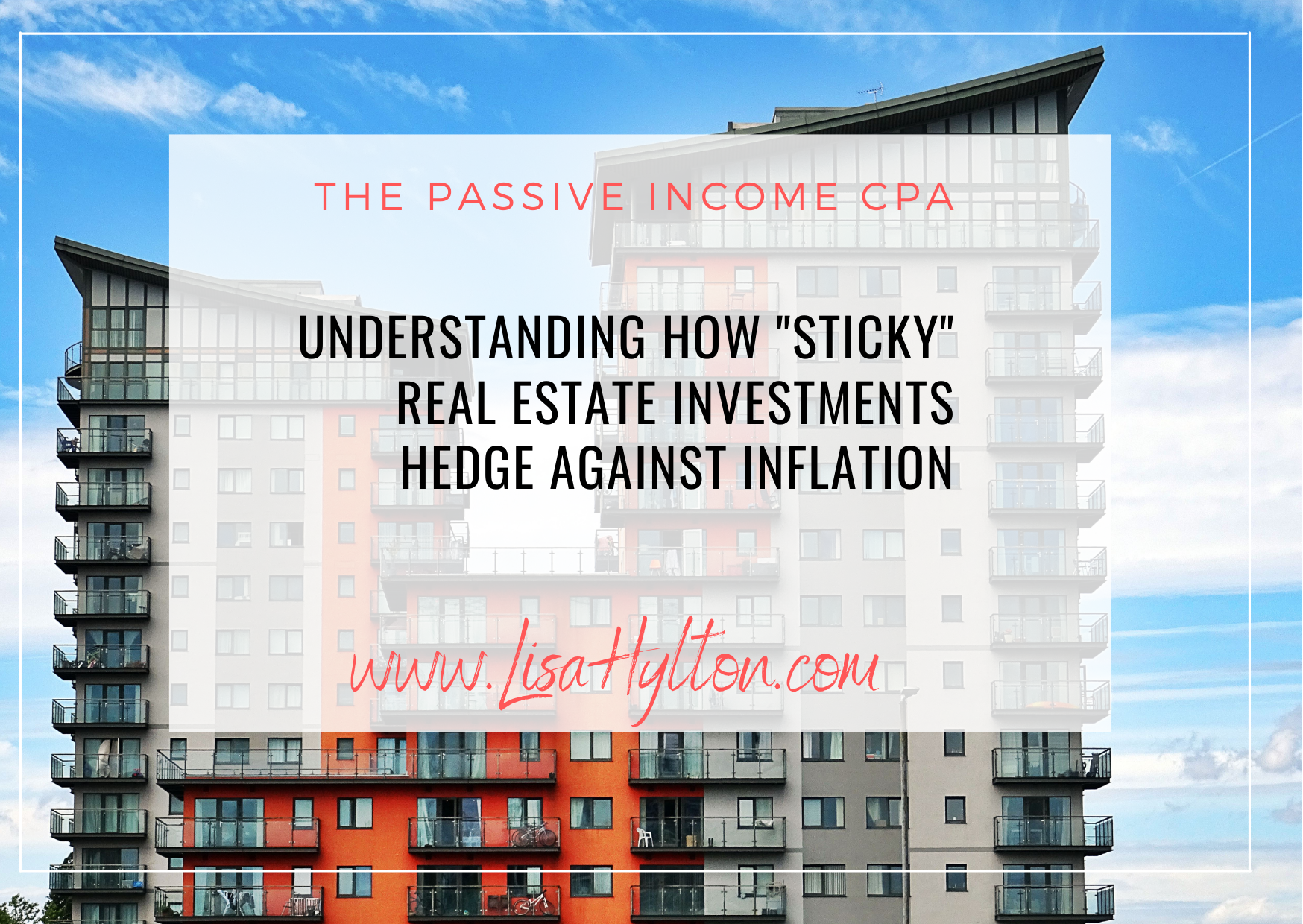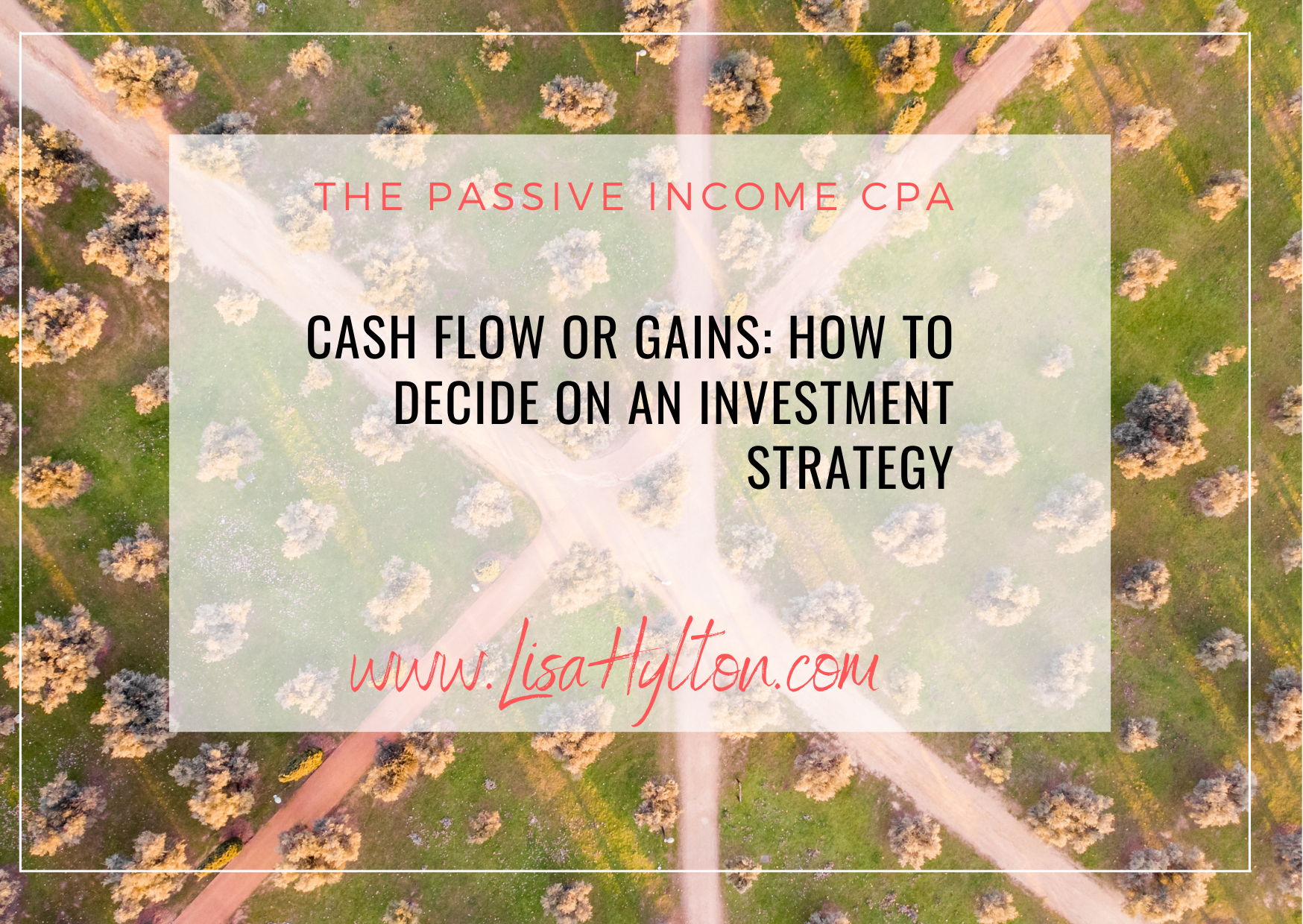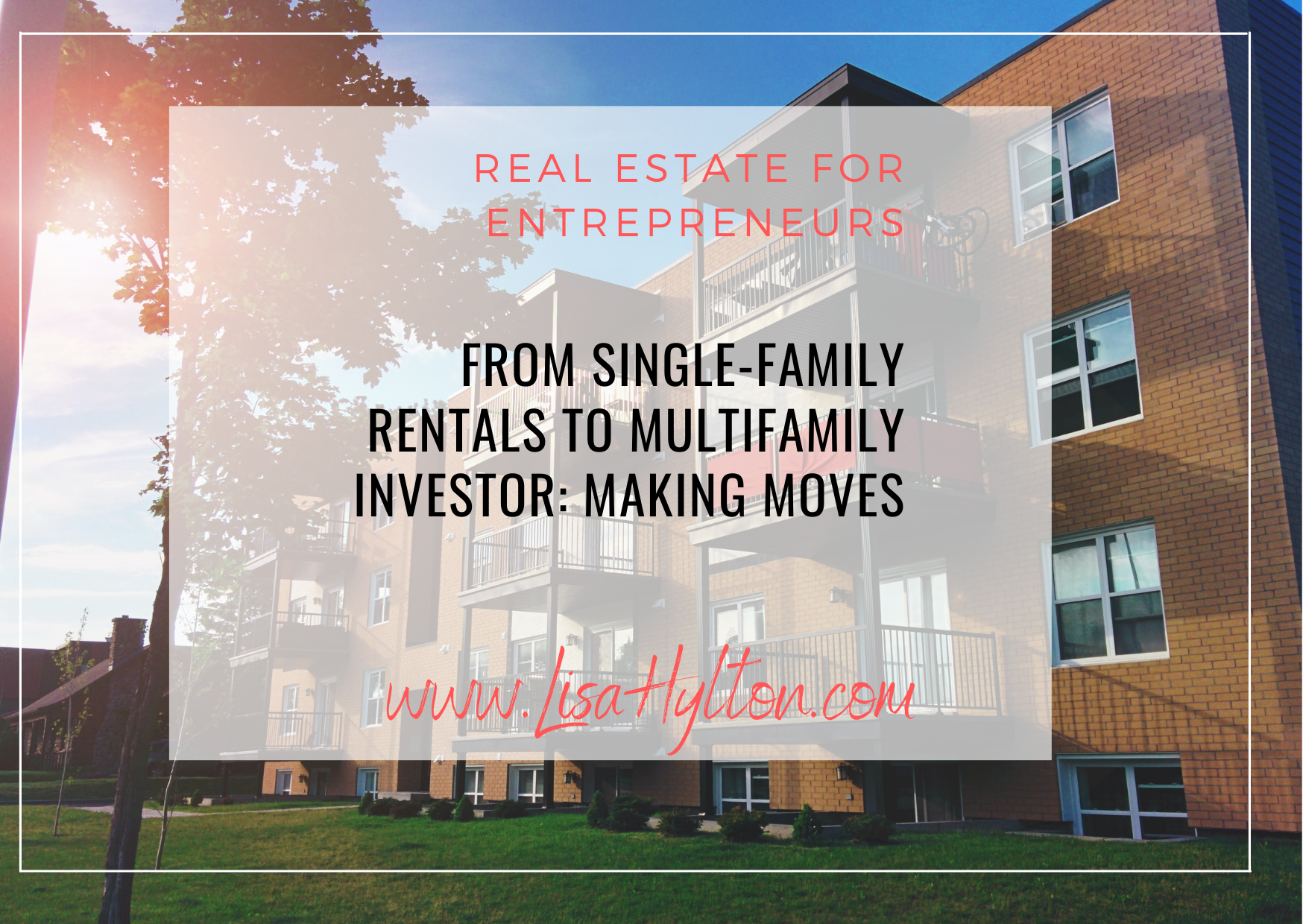Yes, they are not the same thing.
For many Americans, the path to building wealth has come in the form of buying a home.
For many, this message is a reminder that renting is bad and they need to own ASAP!
Living in Southern California the path to homeownership is a tall order – an incredibly expensive affair!
So that got me thinking…
Suppose there is another way to build long-term wealth that doesn’t require you to be trapped into a 10 to 30-year mortgage, maintenance bills, and a budget to kit out a home?
Suppose renting isn’t a bad choice but could enable you to build long-term wealth and do it faster?
Suppose I was to challenge you – yes you – the 30 to the 40-year-old corporate professional that has eyes locked on making a down payment on a home that will pretty much wipe out the lion share of your savings or that you have liquidated stocks to buy. I want to challenge you to consider buying real estate not to live in it but for investment from day 1.
Remember – an investment or an asset in this instance is being defined as something that is bringing cash into your account either monthly, quarterly, or annually.
And if you are thinking – I don’t want to be a landlord then no problem you should still keep reading because this option is perfect for you!
A mid-30s single corporate professional female rents in Los Angeles a 1 bedroom that runs her almost 2,000 per month and over two years has invested a little over 200,000 in 5 real estate syndications. This money could have easily been a down payment on an 800,000 single-family home or even a condo in certain pockets of the Los Angeles area as evidenced by redfin below. However, most sell between 50,000 to 100,000 or more over asking so keep that in mind (even in COVID!). Nonetheless, the point is – this individual could buy so why did she consider investing.
The Options:
- Buying an 800,000 home. Why this price? This is the average home price I saw for properties that on average did not require any work to move into.
- Investing in a real estate syndication. The asset types could range from apartments, mobile home parks, self-storage, industrial to name a few. These assets are located in states that are business-friendly, landlord-friendly, increasing population, and job growth.
The pros of buying the home:
- You have your place and you don’t have to deal with people living above you potentially and no landlord.
- You have control over when you sell it.\
- If the value appreciates you can refinance and take money out making it potentially an asset depending of course on how you use the money!
- You can build a legacy by willing it to children, loved ones, or charities.
What are the costs that the homeowner deals with that a renter does not…
- Maintenance of everything!
- Renovations and remodeling
- Budget for new furniture and the works
- Property taxes and all the insurances
While the corporate professional who has taken the path of homeownership focuses on ensuring they keep the job to pay the mortgage and possible lifestyle creep. The renting but investor-minded corporate professional is also focused on keeping their job but with a focus to invest.
The cons of renting:
- You are paying down someone else’s mortgage
- The rental market can fluctuate greatly. Non-rent-controlled areas can see large increases at the end of their lease.
- You can potentially live around people if you choose to rent an apartment instead of a house.
The pros of renting:
- You have the freedom to leave easily especially when you are on a month-to-month lease.
- No maintenance costs – you call the property manager and it is handled.
- Rental market fluctuations can bring big savings – lower rents for better quality apartments.
- Can facilitate short commutes and hence a better lifestyle – morning workouts versus an hour or more commute each way.
- No property tax bills and very little insurance costs – renters insurance approximately 50 to 100 per year.
The biggest pro depending on your situation is that you can choose to live somewhere that could enable you to save. From your savings you could invest not just in real estate but also in yourself – perhaps start a side hustle, coaching, courses, etc.
For the corporate professional female that invested passively in a mixture of apartments and industrial investments, she will see approximately 8% of 200,000 or 16,000 in cold hard cash each year for the next 3 to 7 years. And because she invested in commercial real estate that utilizes cost segregation studies she will not pay any taxes on any of this money legally (unlike stock market investing). Mixing this with stock market investing and you get the highs of the markets along with the stability and consistency of real estate. The syndication returns also can increase as the markets shift. Note we are currently in a recession and the real estate market is cyclical. When these investments exit – she may potentially double her money and then roll it into the next property. With proper tax planning, this sale and purchase can happen with minimal taxes (unlike stock market investing). While she is invested in these deals she is still saving and still investing in more deals because you guessed it – her costs are low and cash is not wrapped up in renovations and remodels. Instead, it is working hard by providing housing for a community of people who appreciate it, providing jobs through property management of that said property, and providing income tax income for that city and state accordingly.
Hence, I have heard it said “When good people make good money they do good things” by Chris Harder. I can’t help but agree. Real estate investors through investing can do amazing things in communities near and far! If you are thinking about wiping out your savings to take a huge mortgage all in the name of building long-term wealth and because everyone everywhere is telling you that is the best next step then I am here to suggest that you consider that there is another path. Nothing is wrong with homeownership but just do it with your eyes wide open and fully aware of all the other opportunities that are available to you to build long-term wealth
The female mentioned in this article is yours truly. If you would like to learn more about how I have continued to invest in real estate through 2019 and 2020 and how I am poised to continue to invest in 2021 then let’s set up a call to chat! My favorite part of my business is helping investors explore new investment options that provide freedom while also building long-term wealth for them and their families!
About the Author

Lisa is the CEO of Lisahylton.com, a real estate company that helps entrepreneurs invest in tax-efficient real estate investments. At Lisahylton.com, Lisa and her team focus on buying apartments with investors and shares the profits. This strategy enables her investors to build wealth and passive income through investing in conservative, high-quality multifamily assets.
Lisa is the host of the Level Up REI podcast where she interviews real estate investors, entrepreneurs, and business owners to share their stories and experiences building businesses and investing in real estate. After a decade of working in the financial services industry, Lisa found investing passively in real estate syndications and was intrigued by the business opportunity to invest in real estate while also providing the opportunity to others to do the same along with her.
You can learn more about passively investing in high-quality multifamily assets that provide cash flow and strong returns at www.LisaHylton.com.
Want to Invest with Lisa?
If you are interested in learning more about passively investing in apartment buildings, click here https://lisahylton.com/invest/ to sign up to learn more about upcoming opportunities.




